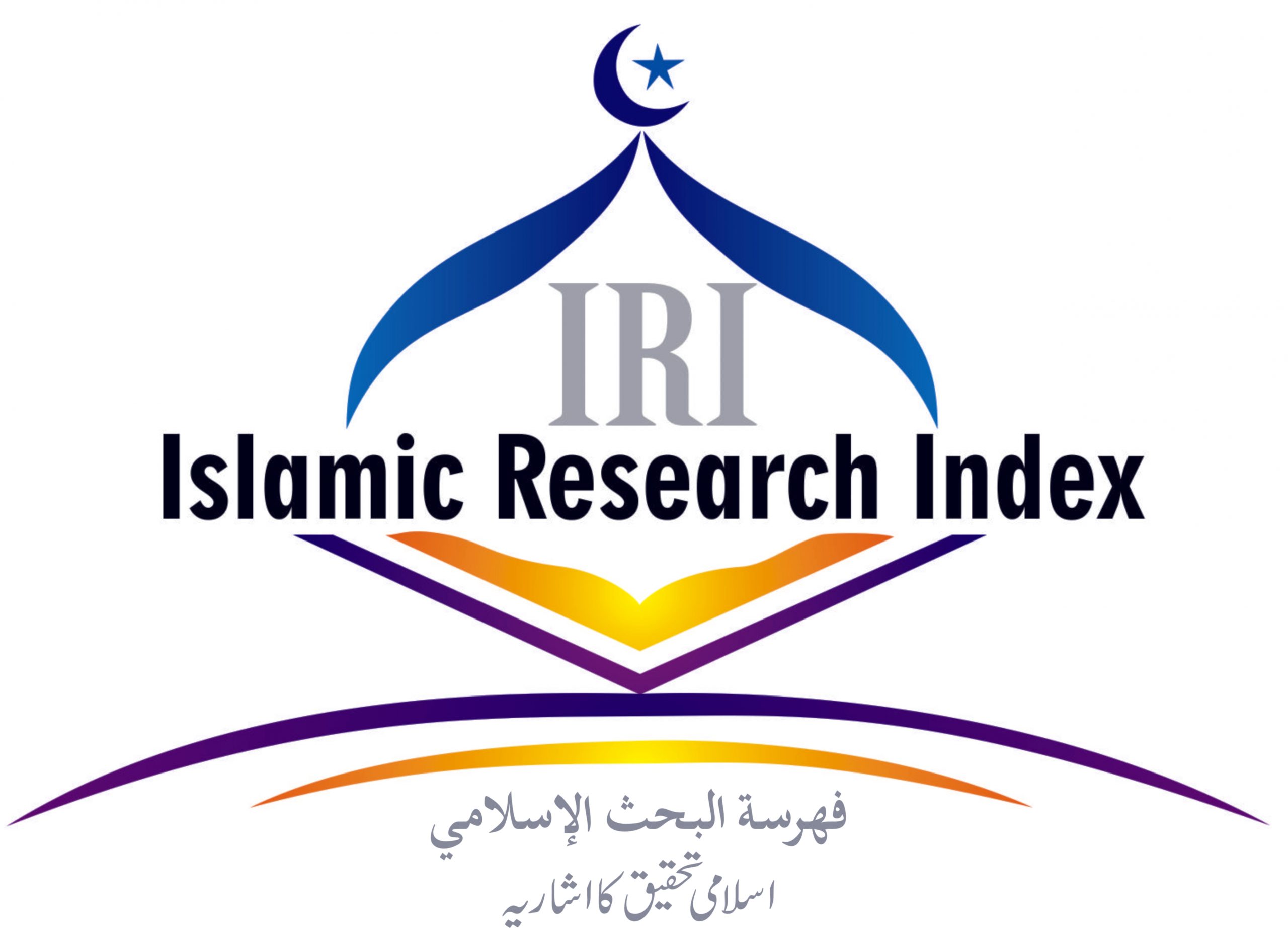قوامیتِ رجال کا قرآنی تصوراورفیمینسٹ آراء:اصولِ تشریح و تعبیر کی روشنی میں تجزیاتی مطالعہ
Qur’anic Concept of Qawamiyyat e Rijāl & Feminist Views: An Analytical Study in the Light of Principles of Interpretation
Keywords:
Feminist opinions, qawwamiyyat RejālAbstract
In the exegesis of the Qurān by pre-modern commentators, a notable consensus emerges regarding the perceived inequality between men and women, emphasizing the subordination of women to men. Although some commentators, like Tabarī, acknowledge a degree of agency for women, others, exemplified by Ibn Kathīr, advocate for complete male authority over women. This interpretive uniformity can be attributed to the socio-cultural, political, and economic contexts in which these commentators operated. Their perspectives were shaped by a societal framework that reinforced the notion of women's subordination, leading them to interpret Qurānic verses through this lens. In a milieu where men held sway over religious, political, social, and economic spheres, the commentators perceived divine dictate in establishing a hierarchical relationship between men and women. Men, entrusted with leadership roles in state affairs, military operations and economic endeavors, overshadowed women primarily confined to domestic roles. This article delves into the contextual factors influencing the interpretive convergence among pre-modern Qurānic commentators on issues of gender roles and hierarchy.



